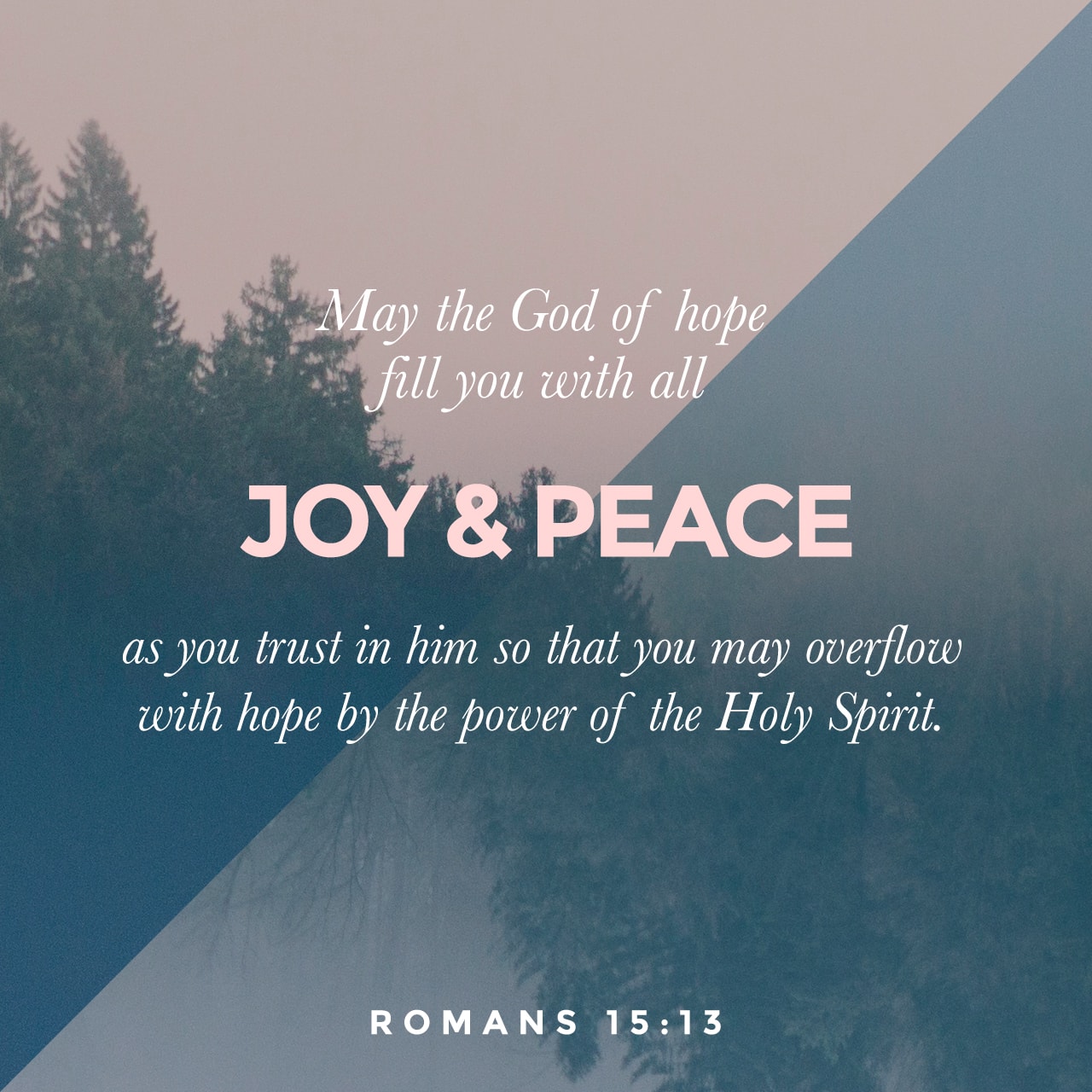Smack dab in the middle of the Bible is the book of Psalms, a collection of poems that formed the hymnbook for ancient Israel. These were the songs they sang together in worship, the lyrics that were furrowed into their memories. The book of Psalms is not uncomfortable with grief or hardship or death; it is its constant refrain.
Just start flipping through the Psalms: “O Lord, how many are my foes! Many are rising against me” (Psalm 3:1); “Give ear to my words, O Lord; consider my groaning” (Psalm 5:1); “Be gracious to me, O Lord, for I am languishing; heal me, O Lord, for my bones are troubled. My soul also is greatly troubled. But you, O Lord—how long?” (Psalm 6:2-3); “Why, O Lord, do you stand far away? Why do you hide yourself in times of trouble?” (Psalm 10:1). Of the first ten psalms, seven are cries of heartache or repentance in the face of suffering, and there are 140 to go.
As an extreme example, read Psalm 88. Go ahead, you can pause and read through it. Try doing it out loud; taste the words. The Sons of Korah, who wrote it, start with a cry to the Lord and then recount a life full of struggle. They feel like they are teetering on the brink of death (Psalm 88:3-6). They are drowning under an ocean of grief (Psalm 88:7, 16-17). Their friends have abandoned them, and God himself seems to have turned his back (Psalm 88:8-12). The psalm wallows in anguish—and at the end, they are still in that terrible place. No happy ending tied up in a bow; rather, “You have caused my beloved and my friend to shun me; my companions have become darkness” (Psalm 88:18).

Few of the Psalms sit only in the darkness, but many pass through it. Consider Psalm 22, which Jesus himself quoted from the cross. It starts with the most gut-wrenching cry: “My God, my God, why have you forsaken me?” (Psalm 22:1). What follows is a picture of a person wrestling with God and with his own heart. The psalmist names something true: “Yet you are holy, enthroned on the praises of Israel” (Psalm 22:3). Then he collapses back into the reality of life: “I am a worm and not a man, scorned by mankind and despised by the people” (Psalm 22:6). Another note of hope: “Yet you are he who took me from the womb; you made me trust you at my mother’s breasts” (Psalm 22:9). Another tormented cry: “I am poured out like water, and all my bones are out of joint; my heart is like wax; it is melted within my breast” (Psalm 22:14). This is, consistently, the pattern of these “psalms of lament.” They call us to find hope in the Lord, but they do it while also acknowledging our broken hearts and circumstances.
These divinely inspired songs stand as a rebuke to our discomfort with grief. The Bible doesn’t shrink from pain; it names our sorrows and brings them before the throne of God. Even more shockingly, it invites us to sing of them to God and together as God’s people. Just imagine what it would communicate if we stood with our brothers and sisters in worship and sang, “Why have you forsaken me? I am a worm and not a human being.”
A dear friend who has struggled with depression tells me what comfort he finds in these psalms. He feels like, in our world, the darkness in his heart is something he must disguise. Others would judge him or try to fix him if he shared it. The way we handle depression is symptomatic of our broader failure to confront the darkness. This is especially true for Christians who treat it as something to be dismissed: “Snap out of it. Get over yourself. Just cheer up and trust in Jesus!” As if it were so simple. Our failure can also be manifested in more therapeutic solutions. As much as counseling and medication can be sweet balms for those trapped in the cycles of clinical depression, at times, they become excuses to fix rather than reasons to feel. Sorrow becomes like a variant strain of influenza. Neither those in denial nor those rushing to remedies are willing to confront the deeper truth that life can bring great sadness and that we ought to feel it.

Of course, the Psalms don’t leave us with only despair. Most of them also come with an invitation to move toward God. Psalm 22 does arrive at a place of hoping for divine deliverance. It calls those who fear God to praise his name and ends with a heart-lifting picture of God’s Kingdom covering the earth and gathering the nations. Even Psalm 88 brings its darkness before the Lord, repeatedly seeking his presence.
Yet this pattern does not mean that the psalmist’s struggle is over. Instead, this movement of grief to praise is meant to be repeated over and over. The Psalms are not transcriptions of a counseling session or a self-help talk, offering a method to solve our problems; they are the daily cries of God’s people. They are a hymnbook. Over and over, week after week, those singing them would confront the darkness and remind themselves of their hope.

Does God have a hope to offer us in times of pain? Can God meet and sustain us even if our circumstances don’t improve?
One of the few guarantees in life is that we will suffer. Everything around us is broken. Each of us has an expiration date. A few years ago, Eric and his wife, Elizabeth, together with their young children, were confronted with this unavoidable reality when she was faced with a terminal cancer diagnosis.
Shattered by grief, they began to wrestle with what it means to follow Jesus when everything around them seemed to be giving way. What this pastor and his wife discovered were a set of truths about God from Scripture that provided the resources they needed to survive—truths too often neglected by the modern world. God meets us in our grief, but not always in ways we expect or even want.
Coming from that jumbled place of agony and assurance, Either Way, We’ll Be All Right is a journey through the darkness in hopes of discovering light on the other side.
Either Way, We’ll Be All Right by Eric Tonjes is available wherever books are sold.














What do you think?